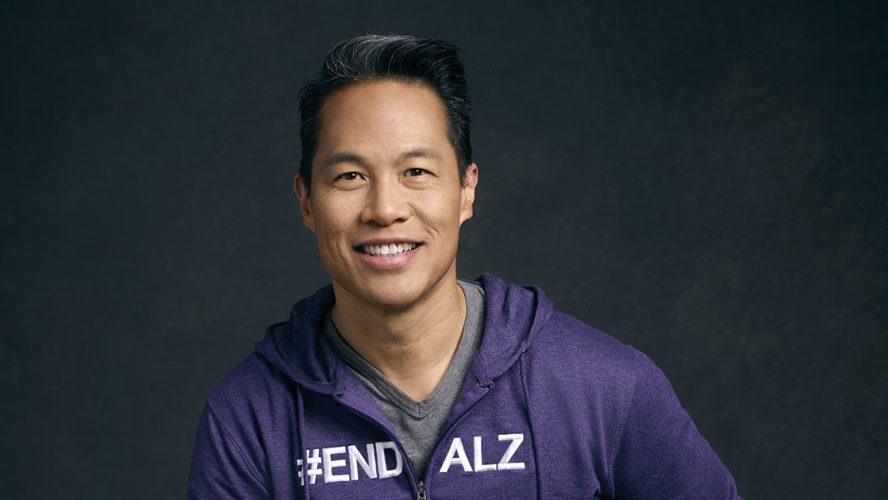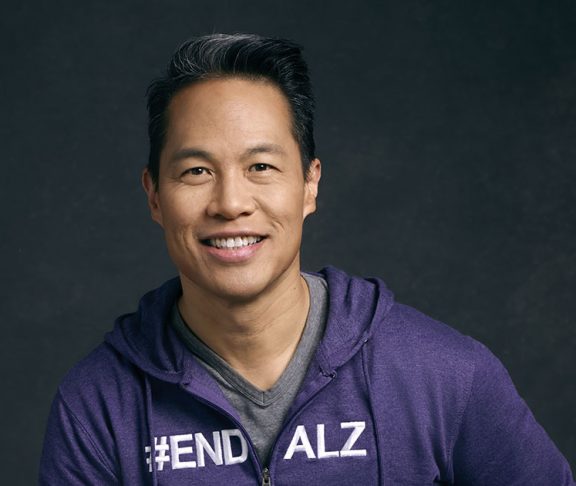When MSNBC journalist and news anchor Richard Lui isn’t behind the camera, he’s a long-distance caregiver for his father with Alzheimer’s. Here’s his advice on how to balance two roles.
Accepting the change
In 2016 alone, 15.9 million people provided 18.2 billion hours of unpaid caregiving assistance to those with Alzheimer’s and other dementias, according to the Alzheimer’s Association. Like many of those caregivers, Richard Lui and his family did not see it coming.
“My dad has always been a forgetful guy,” says Lui, but then it “started to accelerate.” Lui’s father grew up in a large, but very close family with thirteen siblings. So, when he was unable to remember their names, Lui then knew that the disease was progressing. “For us, it became more serious,” says Lui. “We needed to figure out what our major next steps were, how everyone else could work with him as he moved into a phase of what would probably be Alzheimer’s.” With the realization came the heavier emotions, and that’s when Lui started looking into his own next steps.
“As the year went on, I knew things were going to get tough and I needed to make a choice,” says Lui. The choice was whether to keep his current visits to once a month or up them to once a week. When friends and acquaintances ask Lui about the point when he knew he needed to do more, he describes it as “sort of slow back of the mind. There is no exact point.”
Making the adjustment
Lui knew that a conversation with his bosses was next, and, although he imagined an uncomfortable and unpredictable meeting, Lui discovered just how many people could relate. His boss turned out to be a long-distance caregiver herself. Together, they created a new schedule and role for him at work. While he recognizes how lucky and grateful he is for the flexibility, he urges other caregivers to have that conversation as well.
Lui continued to hear from other coworkers, but, despite the prevalence of those dealing with dementia-related diseases, “people aren’t really talking about it. The American culture is so fixated on work that it is tough,” he says. One way to manage “luck” in this scenario is to bring it up at work early. “Find the fellow caregivers. Don’t make it everything you talk about at work, but make it part of who you are, like you do your kids and your family. It’s part of my life, and it’s not all negative.”
“The takeaway lesson here is: Bring it up,” he says. “Ask the tough questions earlier of yourself, and decide, in your career, what you can do and want to do for your family.” The earlier you start thinking about your options and the conversations you may need to have, Lui suggests that it will help you to approach the right people about the topic.
Sharing the experience
As a public advocate for the Alzheimer’s Association, Lui remains very involved with the organization. While one in three seniors will die of Alzheimer’s or dementia-related diseases, the community of caregivers is not only growing but also diversifying. One thing that’s surprised him from the community at AA is the number of millennial caregivers, which — for Alzheimer’s and beyond — is roughly ten million across the United States. And they “don’t even know they’re doing it,” says Lui. “They offer inspiration and a perspective on caregiving that I think will soon make it part of our main stream vernacular.”

